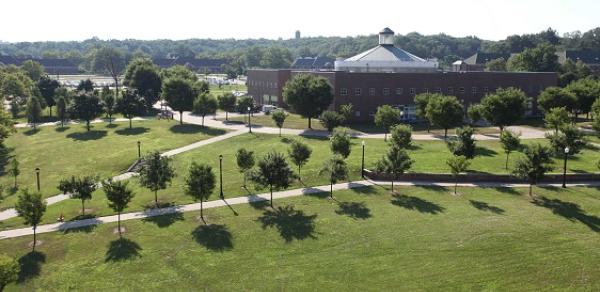Short Guide to Student Learning Assessment for Departments
Assessment of student learning outcomes is an annual activity focused on the question of how well students are learning the knowledge, skills, and values set by the program. The choice of outcomes as well as their assessment and related activities are carried out by the faculty in a department. Assessment of learning outcomes are therefore separate from department self-studies but contribute to these.
Assessment of Program Student Learning Outcomes:
Learning outcomes can be defined at the course level or at the program level. Program level student learning outcomes are the skills, knowledge, and values that faculty expect students to be able to demonstrate as a result of going through the courses and other learning experiences making up the program. The program goals need to be assessed on a rotating cycle, as laid out in an assessment plan.
A Guide to the Program Assessment Plan
- Create an Assessment Plan for each of the undergraduate and graduate programs (you may also assess concentrations) in your department. Choose 3-6 broad and measurable goals for each program. Identify which courses in your program(s) cover the goals your department has written. A template for the plan is available on this website.
- Identify capstone or senior level course(s) where student projects demonstrate the highest level of achievement of a program goal(s). Depending on the nature of the student work, you may be able to assess more than one goal from the same project/assignment. (A description of a curriculum map is included in the plan template. For an electronic template for a map, contact Dr. Michael J. Anderson, Director of Assessment, at michael.anderson@csi.cuny.edu).
- Choose a two-or three-year cycle for assessment and assign one or more of your goals to each year. It would easier if you assign equal number of goals to be assessed each year. For example, if you have four goals and you use a two-year cycle, you can assess goals 1 and 2 in the first year and goals 3 and 4 in the second year. Conduct the assessment (see frequently asked questions section and/or consult the Office of Academic Assessment for information and assistance)
- After you have conducted your assessment, you would analyze the assessment results and use them to inform your decisions to improve student learning, resource allocation, etc. (closing the loop). This might include, for example, things like program improvement through curriculum changes, new course offerings (curricular resources); professional development opportunities focused on teaching, new equipment (financial resources); requests for use of space, facilities and/or equipment (physical resources); re-design of courses, pedagogical innovation, improved delivery of material (pedagogical resources). The department should also use the results to inform changes, if needed, to outcome statements, assessment methods, the assessment cycle, and student achievement targets. Ideally, for example, yearly assessments of student learning outcomes expected targets should be adjusted based on actual student performance.
- Report the results of your assessment and the actions taken and/or planned based on the results once a year to the Dean and the Office of Academic Assessment. An easy to use reporting form is available from the Office of Academic Assessment.
- Repeat the process for the next cycle.
The self-study for the department will be every seven years. This will allow you to include the assessment results of two or three cycles of program assessment in the self-study (depending upon the assessment cycle). Remember that the self-study reviews programs in the department with a much broader perspective than the assessment of program learning outcomes. The assessment of program goals is just one part of the self-study albeit an important one.
Accordingly, the general education learning outcomes are defined and assessed just like any other academic program. On a rotating cycle across the college, a sample of general education courses will be assessed each semester. Since general education as a program does not belong to a single department, this activity is coordinated by the General Education Committee Assessment Sub-committee (GECAS). They will ask a few departments each semester to assess one or more general education learning outcomes in their courses. In consultation with GECAS, the department then chooses the course(s) in which they will assess the general education learning goal.
Dr. Michael J. Anderson is available to work with each department individually to assist with your Program Assessment Plan, and assessment of program and general education learning goals. Please call at (718) 982-2566 or email at Michael.Anderson@csi.cuny.edu with any questions.

